The Best Songs That Changed The World Forever
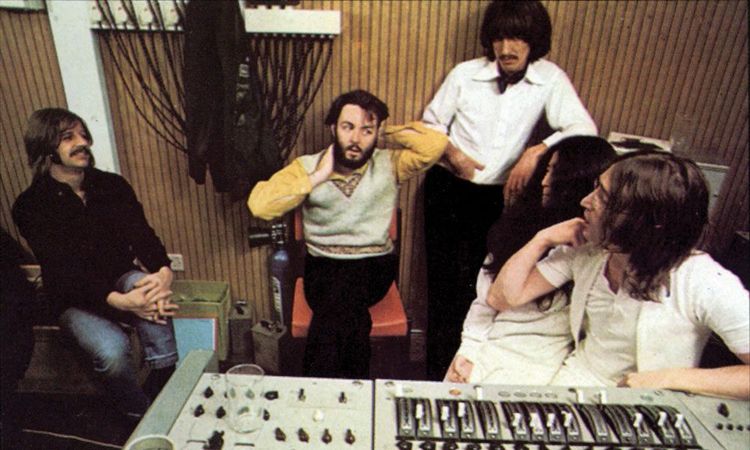
Music can evoke the deepest emotions in our hearts, but what many tend to overlook is that music can also have an effect on the world at large. From songs that address social inequality, war, or civil unjust, songs can influence every aspect of our lives.
Every now and again a song will be produced that completely changes the course of history by addressing crucial social issues and having a huge impact on society. From Bob Dylan to the Beatles to Van Halen, how familiar are you with the most iconic songs that have greatly influenced and changed the world?
The Times They Are A-Changin – Bob Dylan
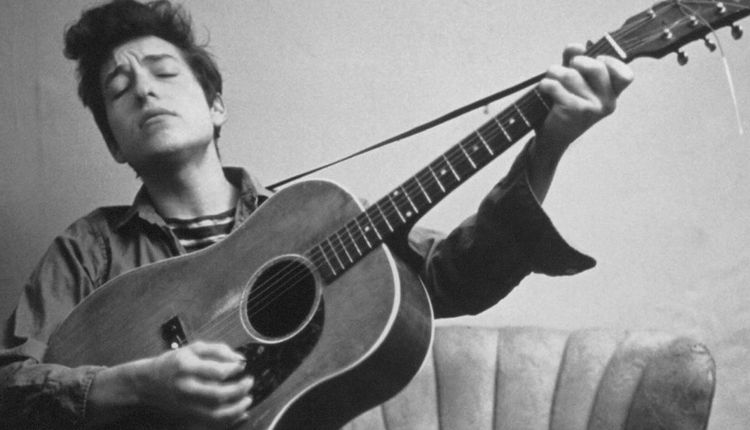
Releasing a song that is later covered by legends such as Nina Simone and Bruce Springsteen is already an outstanding feat. But the main reason why Bob Dylan is proud of writing this song is that it has remained an anthem for change for every generation.
Sometimes called the archetypical protest song, Dylan’s track reached the British Singles Chart in no time. “This was definitely a song with a purpose(…). I wanted to write a big song, with short, concise verses that piled up on each other in a hypnotic way,” Bob Dylan told Rolling Stone.
What’s Going On – Marvin Gaye
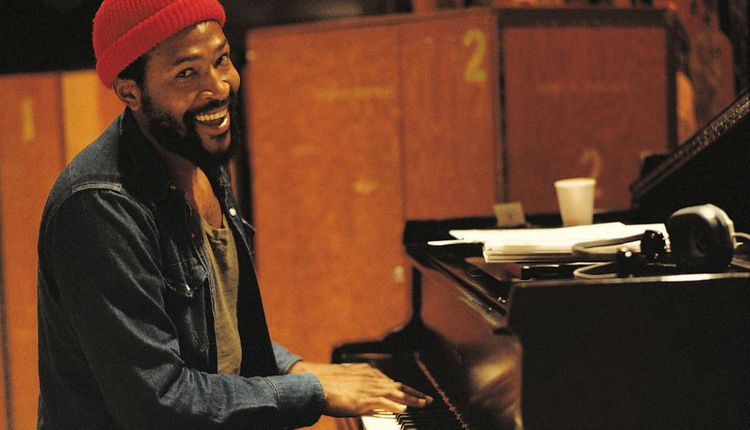
Marvin Gaye released his 1971 album titled What’s Going On, which was an immediate hit for the time period. It had direct messages protesting against the controversial Vietnam War, while also touching on other societal issues like poverty and drug abuse.
The album also sends messages of positivity, although it primarily references dark societal problems. Gaye ends some of the song’s stanzas with a message of community and hope: “You know we’ve got to find a way; To bring some lovin’ here today.”
We Shall Overcome – Joan Baez
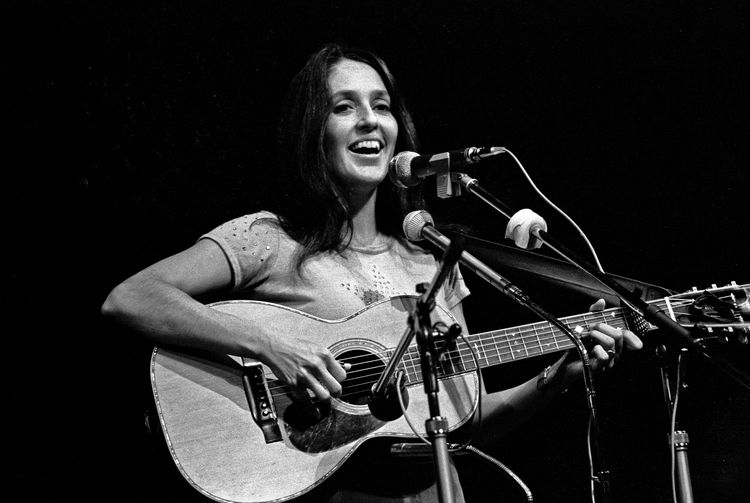
This 1963 hit became an anthem of the civil rights movement. Joan Baez and others sang this song at rallies, festivals, and concerts, and it soon became used in many protests worldwide.
The lyrics in the first stanza are about bringing people that share the same values, even if they are of different races, backgrounds, religions, and so on: “The world is one great battlefield,/With forces all arrayed;/If in my heart I do not yield,/I’ll overcome someday.”
Happy Birthday – Stevie Wonder
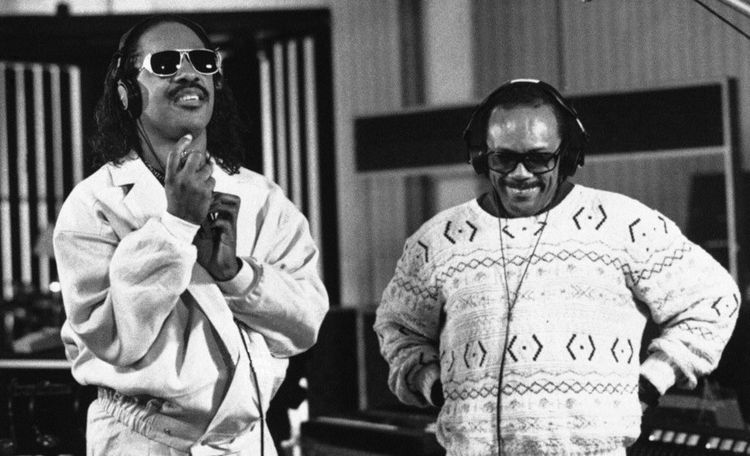
Did you know that this lovely song actually ended up creating a new national holiday? Stevie Wonder was inspired by the great Martin Luther King Jr. to write his hit song “Happy Birthday.”
This song, subsequently, inspired President Ronald Reagan to make King’s birthday a holiday in 1983, several years after the civil rights activist had passed away. Stevie Wonder honors the late King with a day of remembrance, singing, “What could fit more perfectly than to have a world party on the day you came to be.”
Graceland – Paul Simon
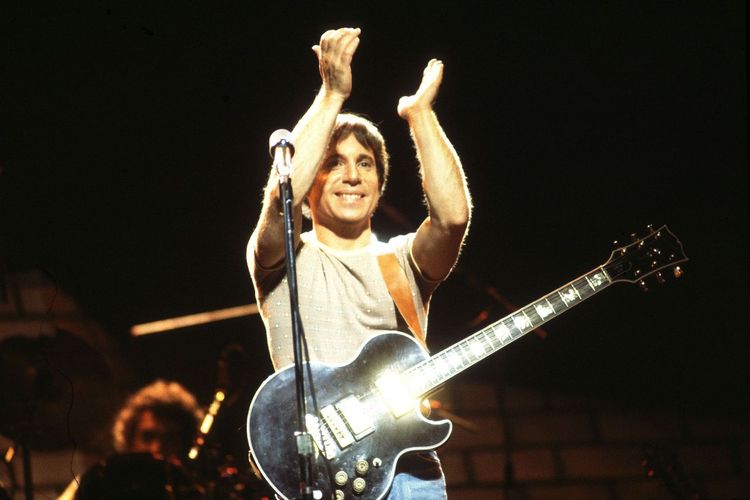
Paul Simon’s song from 1986 changed the world, protesting against apartheid in South Africa and raising the profile of musicians and performers from Africa.
Simon toured next to South African musicians after completing his album with the same name. His studio album became famous, selling up to 16 million copies worldwide and winning the 1987 Grammy Award for Album of the Year.
We Are The World – U.S.

Yes, Bob Dylan’s awkward performance during a rehearsal of “We Are The World” has become a hilarious meme-worthy moment. But that shouldn’t overshadow the fact that this song was probably the most significant collaboration in music’s history which attracted several notable collaborators.
The song was written by Michael Jackson and Lionel Richie, and the guest appearances ranged from Bruce Springsteen to Stevie Wonder. The goal was to raise funds for famine victims in Ethiopia, and they raised nearly $64 million. Now that’s how you change the world.
Imagine – John Lennon
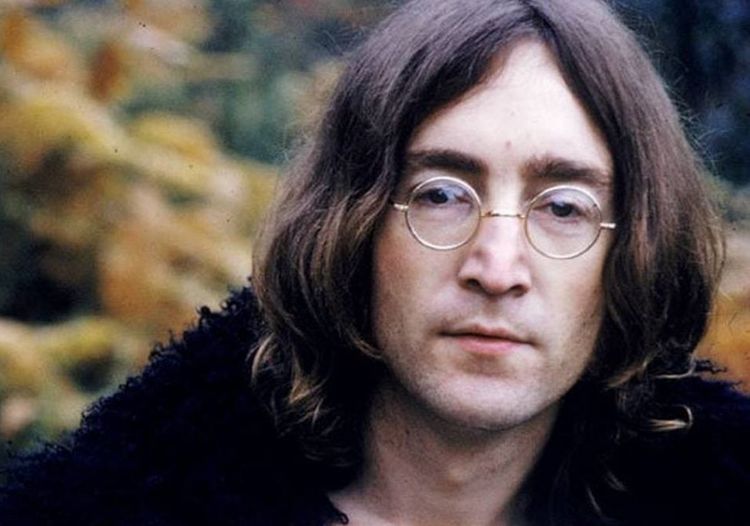
Remarkably, John Lennon was able to write an anthem that would turn out to be even more popular than any of The Beatles’ hits. Indeed, after the cherished band split up, its members continued to show their impressive creative prowess in their solo careers.
“Imagine“ is probably John Lennon’s most recognized track, and it was released on his second album in 1971. In the famous lyrics, Lennon attempts to encourage everyone to imagine a peaceful world where possessions aren’t as important as they are believed to be.
(We’re Gonna) Rock Around The Clock – Bill Haley
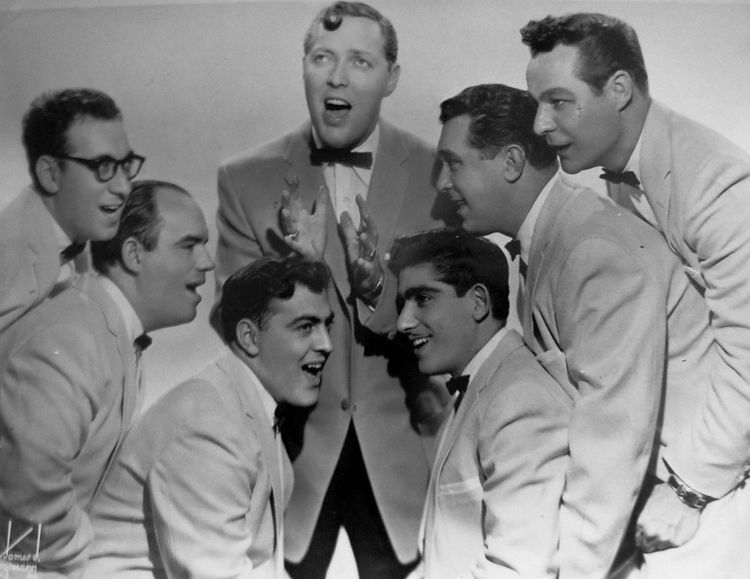
This rock song was released in 1952, and it became extremely popular as it was turned into an anthem for rebellious 1950s youth. The song was quite popular back then and still is today.
Why did the youth love it? The song clearly sent a message of rebellion, no matter the hour. The hit song was featured in the movie Blackboard Jungle (1955).
9 To 5 – Dolly Parton
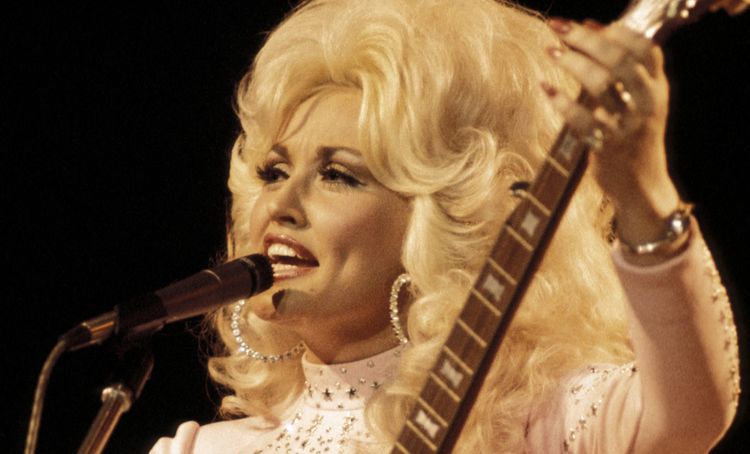
Dolly Parton wrote “9 to 5“ for the movie of the same name. The film showed what working in an office in America was like at the time, when the typical workday was from 9 a.m. to 5 p.m.
Both the song and the film were intended to express gender inequality in the labor market. Dolly had already gained a huge following in the male-dominated country audience, so the fact that she took advantage of her popularity to protest against unequal pay is something we should give her credit for.
Sunday Bloody Sunday – U2
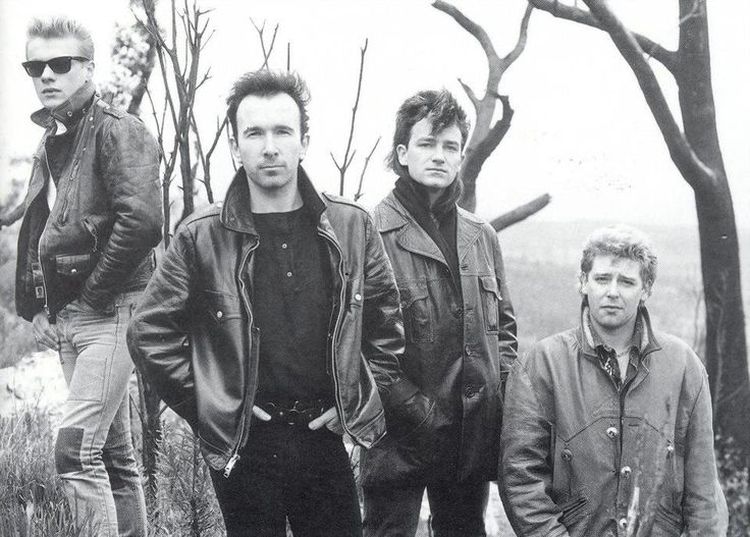
“Sunday Bloody Sunday“ is regarded as one of the band’s most political tunes. The lyrics refer to a tragic incident in Northern Ireland in 1972 when 13 citizens were killed by British troops at a protest.
The song went on to represent a pledge for peace and over a dozen artists have covered it. Nowadays, it is one of U2’s most performed songs and is regarded as one of the band’s hallmark tunes.
Get Up Stand Up – Bob Marley
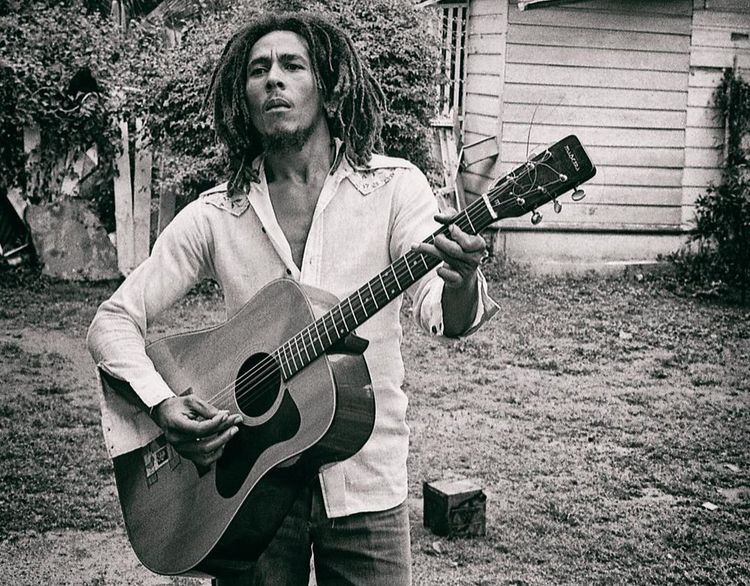
Influencing rock and roll, hip hop, and numerous civil rights movements, Bob Marley proved that music could be a crucial world-changing motor in each of his albums. It’s no surprise that everyone loves reggae’s most famous legend, and this song is one of his best.
“Get Up Stand Up“ was written by Marley and Peter Tosh. They both had to fight for respect for their Rastafarian religion, and their struggle obviously motivated the creation of this epic anthem.
Strange Fruit – Billie Holiday
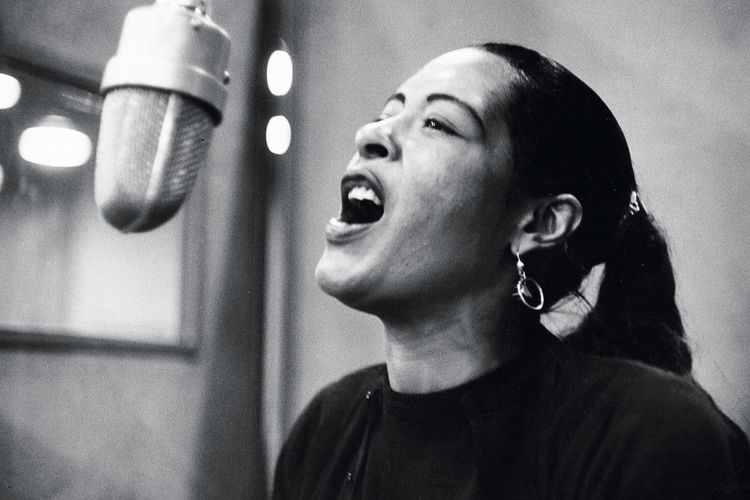
This song is one of the most touching manifestations of racism in the American south. After releasing it in 1939 with Commodore Records, Billie Holiday generally closed her concerts with a powerful rendition of “Strange Fruit.”
But the song was actually written by Abel Meeropol, a Jewish schoolteacher from New York. After seeing a horrible picture of a lynching in a civil rights magazine, he decided to express his outrage in a beautiful poem and later transformed it into a song.
Revolution – The Beatles
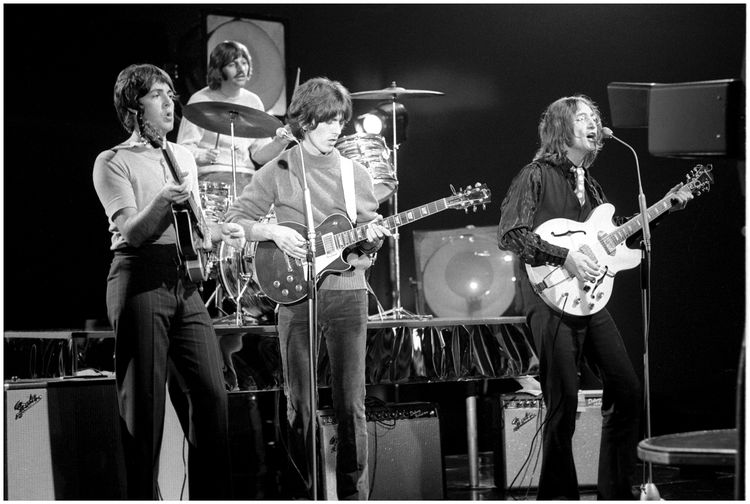
“Revolution“ was released in the tumultuous year of 1968. The heated protests against the Vietnam War were transforming into a massive movement in America, and students were occupying the streets and protesting against the establishment in Paris, Prague, and Mexico City.
Therefore, John Lennon thought it was about time that The Beatles took a public stance regarding the war. In the lyrics, he agrees with the urgent need for change while also manifesting his doubts with some of the tactics, thus affirming the band’s pacifist ethos.
For What It’s Worth – Buffalo Springfield

The band Buffalo Springfield was only active for three years. Despite that, they were highly influential, and some of its members went on to have remarkable careers. However, if there’s one song they’re known for, it’s definitely “For What It’s Worth.“
In 1966, Stills arrived at a show on Hollywood’s Sunset Strip when he encountered hundreds of kids protesting against the club’s closing and a new curfew. Stills was left deeply impressed with the intimidating image of the police officers, and he depicted the situation in this legendary song.
I Am Woman – Helen Reddy
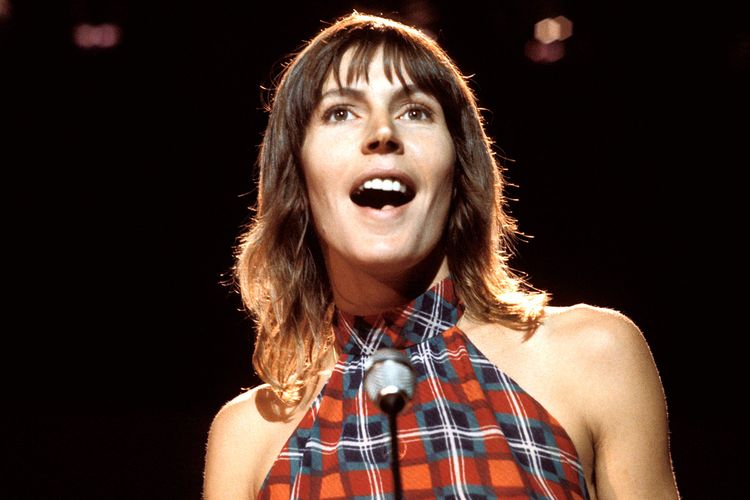
Helen Reddy wrote “I Am Woman“ in 1971. She was part of the women’s liberation movement, and her song would hit number one a year later. It even earned her a Grammy.
In 1972, a movie producer wanted Reddy to re-record the song with an extra verse for his “feminist comedy” Stand Up And Be Counted. Reddy’s song became a huge hit, and many women have been singing it ever since.
A Change Is Gonna Come – Sam Cooke
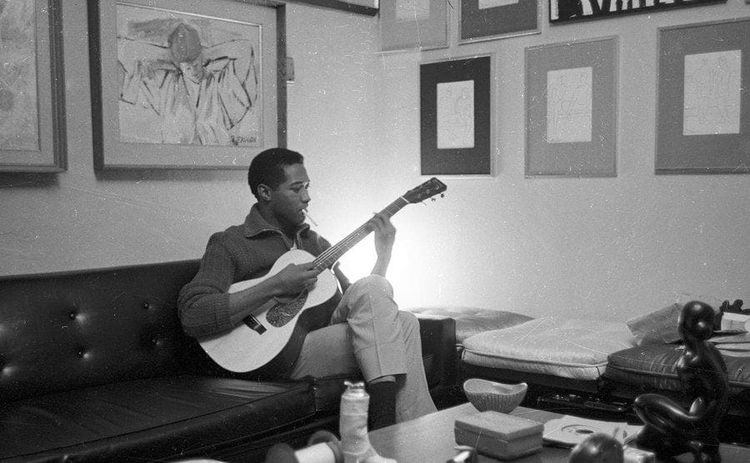
Though most of Sam Cooke’s repertoire consisted of emotive ballads at the time, he was determined to create a stirring protest song to support the civil rights movement that fought against discrimination against African-Americans. The result was the brilliant “A Change Is Gonna Come.”
He was actually inspired by Bob Dylan’s “Blowin’ In The Wind.” Some of the lyrics from Cooke’s song were inspired by an incident that occurred to him in a motel when he was arrested for “disturbing the peace” after being denied a room for being black.
Panama – Van Halen
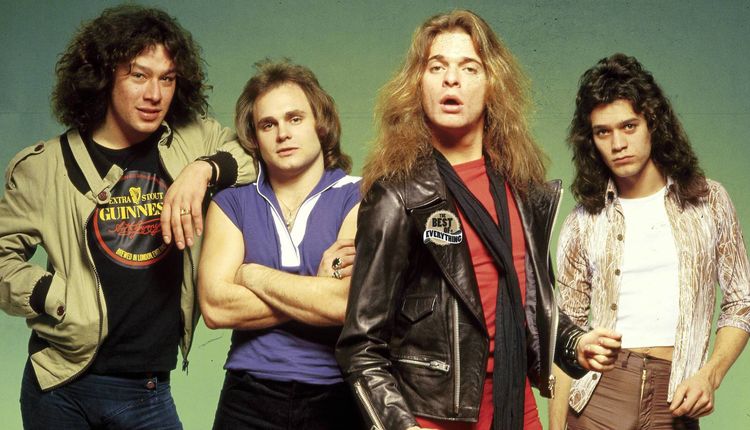
This popular song by Van Halen isn’t about the country; instead, it’s about the vehicle that gave lead vocalist David Lee Roth the idea after he saw a race in Las Vegas. After being accused by a reporter of just singing about ladies, parties, and cars, he saw the car Panama Express and sang about it.
David said he’d previously never sung about cars, so he decided to record this song. As crazy as this sounds, American soldiers blasted the song outside the Panamanian dictator Manuel Noriega’s hideout before he finally gave himself up.
War – Edwin Starr
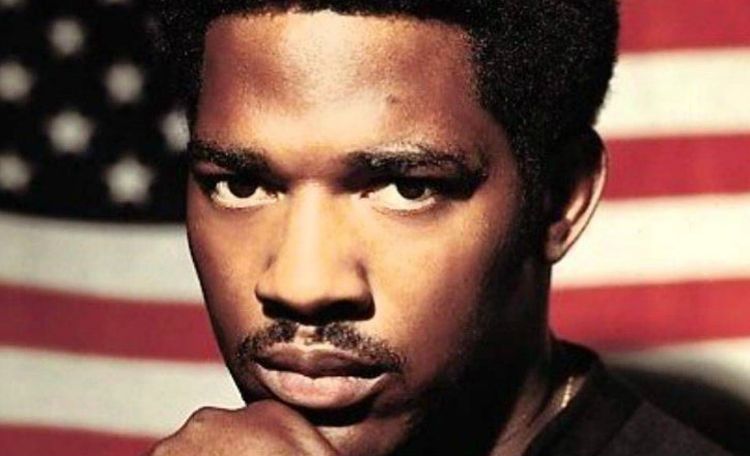
Edwin Starr’s “War“ was not only a huge success on the charts but also one of the most moving protest songs against the Vietnam War. With eloquently stark lyrics, Starr made an anti-war statement by criticizing the government’s foreign policy.
However, the song was actually written by Norman Whitfield and Barrett Strong, the crucial hitmakers of the legendary Motown label. Some of the label’s artists at the time had already started putting out songs with social commentary on them, and these were usually written by Whitfield.
Free Nelson Mandela – The Specials
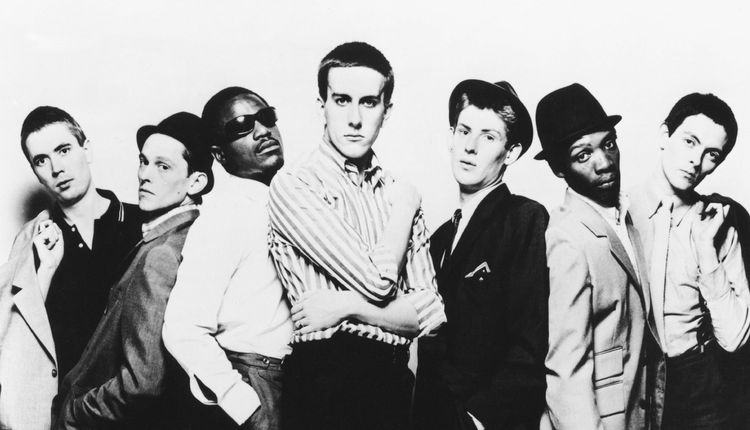
“Free Nelson Mandela“ is the clearest example of how music can shed light on some of the most complex and deeply rooted injustices. With their 1984 single, The Specials’ aim was exactly what the song title announced.
The British band desperately wanted the whole world to be alerted of the atrocities of Apartheid, and the song certainly cooperated in starting a powerful international movement against the racial injustices which were taking place in South Africa.
Smells Like Teen Spirit – Nirvana
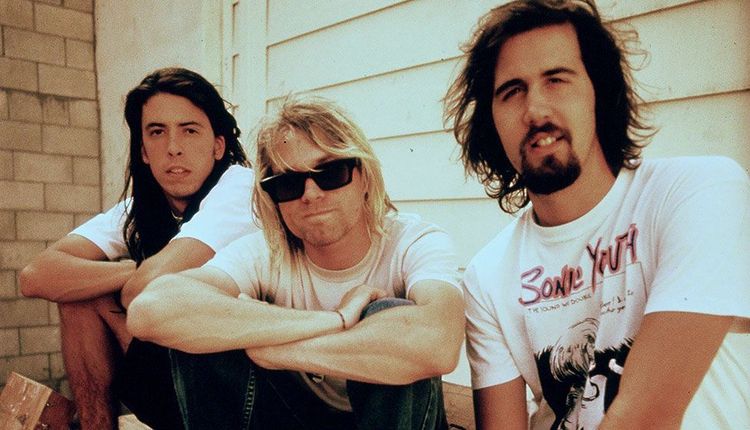
Can a mere four chords change the whole world? Well, that was certainly the case with Nirvana’s “Smells Like Teen Spirit.” This single became so popular that the whole world discovered what grunge music was, turning it into a gigantic counterculture movement.
But it wasn’t only that; the song (and the rest of the album, Nevermind) turned Kurt Cobain into a Generation X icon. Though he wasn’t comfortable with the “voice of a generation” tag, the band symbolized teenagers’ strong stance against chauvinism and homophobia in rock.
Black Or White – Michael Jackson
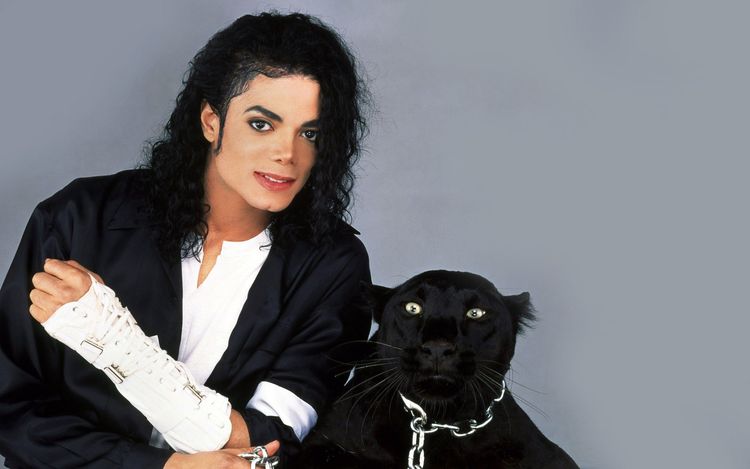
Michael Jackson’s famous hit was released in 1991 and was a plea for racial tolerance. The video is iconic, as it featured the King of Pop dancing with Zulu warriors, and there’s also Macaulay Culkin shredding on the guitar.
What made history was also the morphing technique used in the video. Michael Jackson’s “Black or White” was the 12th #1 hit and the fastest-rising single in 22 years since The Beatles’ “Get Back.“
Fight The Power – Public Enemy
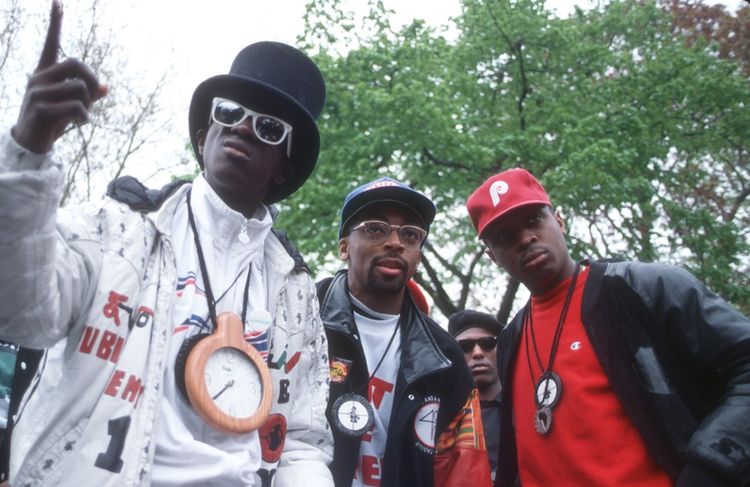
Public Enemy was definitely one of hip hop’s most revolutionary groups, and “Fight The Power“ is their most well-known song. This is an anthem that not only embodied black pride but also created controversy by taking shots at different white icons like Elvis.
Moreover, the track first appeared in Spike Lee’s 1989 film Do The Right Thing, which portrayed racial tensions in New York City. “I wanted this song to be an anthem that could express what young black America was feeling at this time,” director Spike Lee explained.
Do They Know It’s Christmas? – Band Aid
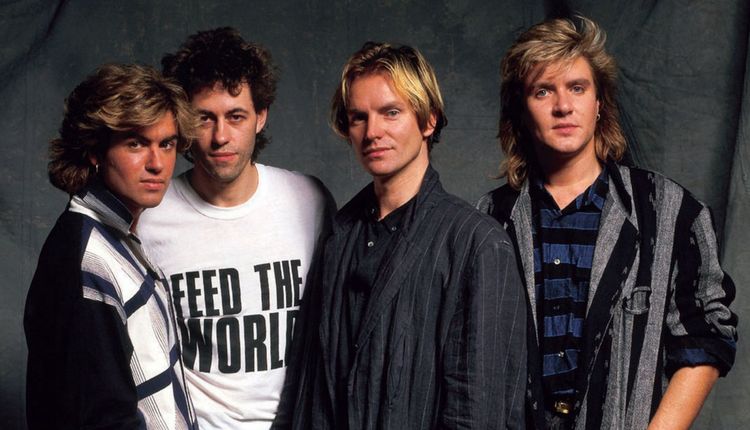
In 1984, when famine was affecting millions of Ethiopians, Irish rock artist Bob Geldof of the Boomtown Rats decided to write a song with Ultravox singer Midge Ure.
The song “Do They Know It’s Christmas?” was sung by 30 British pop stars and was released before November ended, just in time for Christmas. The song revealed the contrast between the “first” and the “third” world, raising over $3 million for Ethiopia.
The (Dirty) Howdy Doody Theme
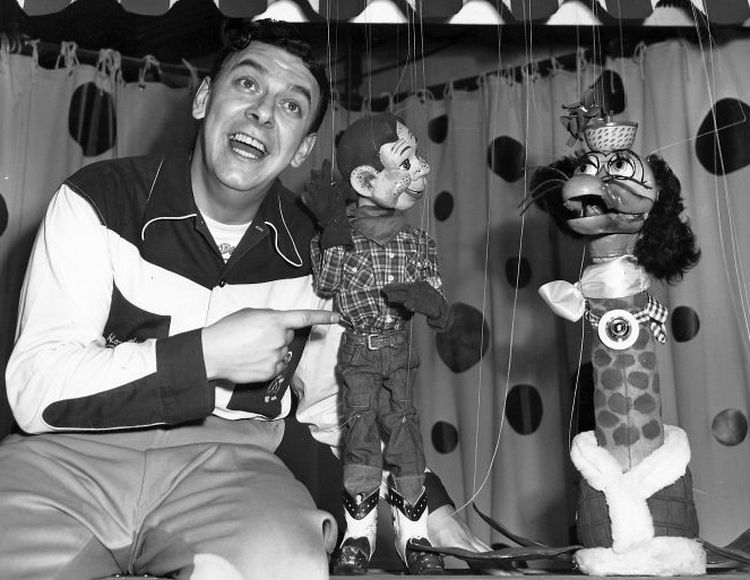
You might be familiar with the “Howdy Doody” theme, but did you know there is a dirtier version? It was created after police raided the Stonewall Inn in New York City on June 28, 1969. More LGBT persons arrived and started throwing objects at the police as they tried to disperse them.
After calling in the riot police, the mob started to sing. That’s when the dirtier variation of the Howdy Doody show theme was heard on the streets.
Runaway Train – Soul Asylum
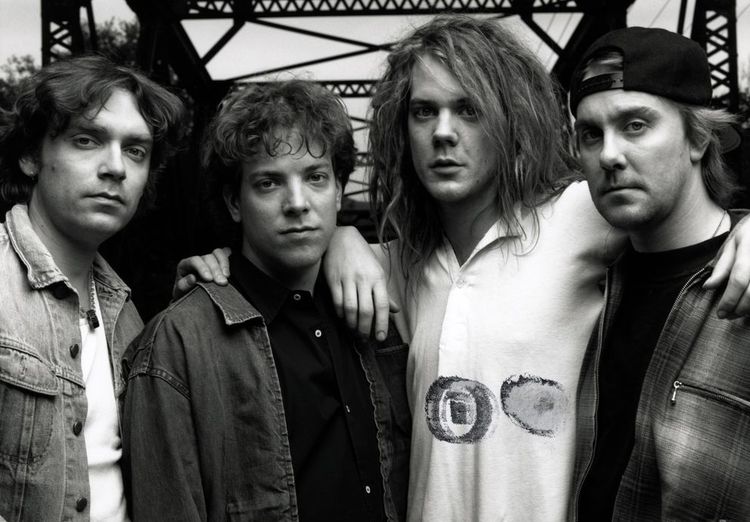
Soul Asylum decided to include photos and names of missing children in their hit “Runaway Train“ video. They knew that the song would be popular and decided to use it for a good cause.
The song is about the lead singer’s battle with depression, but the video director decided to use the “runaway” part of the song, which is how the video helped find 26 missing children. At different gigs, people began showing up, saying that the video changed their lives.
God Save The Queen – Sex Pistols
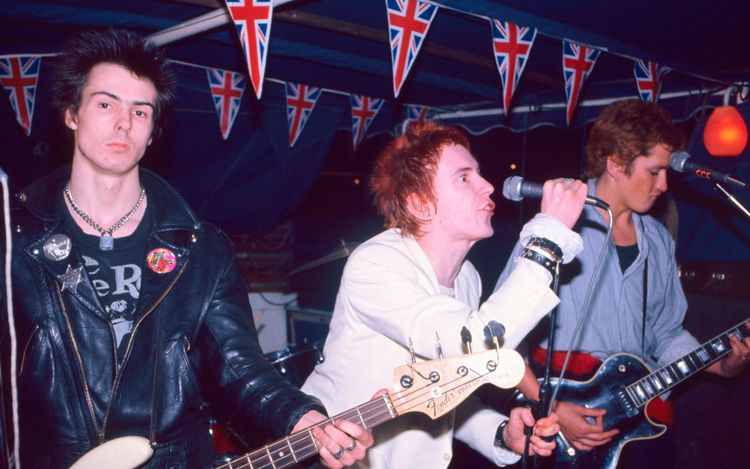
The Sex Pistols may have released only one album, but that didn’t stop them from leaving a huge mark on punk music. “God Save The Queen“ was probably their most iconic single. Written by John Lydon, the title was the same as the national anthem of Great Britain.
This was obviously intended to mock the royalty since the lyrics call for rebellion against the British Monarchy as a response to the youth’s alienated situation at the time. It still remains a popular anthem for disgruntled British youth.
Amazing Grace – John Newton
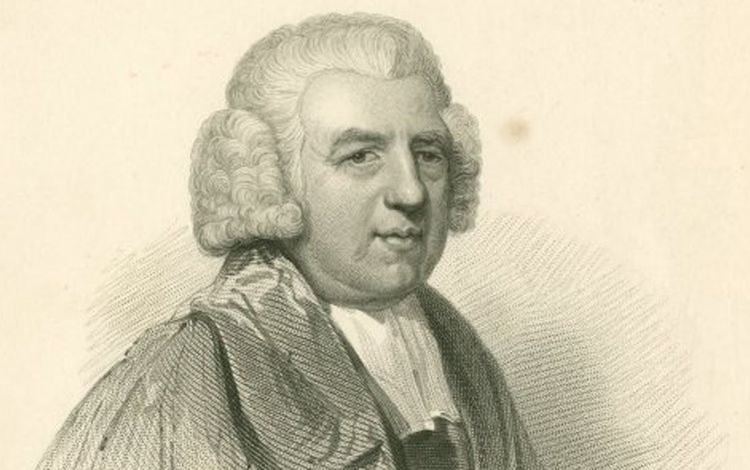
Given that God is forgiving and redemptive toward those who have sinned, the song talks about these concepts. The song was written in 1772 by former slave ship captain John Newton, and it immediately became a hymn.
People have linked the protest hymn Amazing Grace to Martin Luther King Jr. and the civil rights movement. As one of the most well-known songs in the USA, it is typically sung on Martin Luther King Jr. Day.
Here’s To The State Of Mississippi – Phil Ochs

The American protest singer and songwriter wrote “Here’s to the State of Mississippi“ to attack the injustices and inability to comply with civil rights laws in Mississippi. The singer thinks of himself as a “singing journalist,” while people see his ballads as part of the protest music genre.
Ochs sings about the “criminals posing as mayors of the towns.” One of the song’s most unforgettable lines says, “when the black man stands accused, the trial is always short” which expresses his feelings regarding the unfair treatment of others during that time.
American Idiot – Green Day
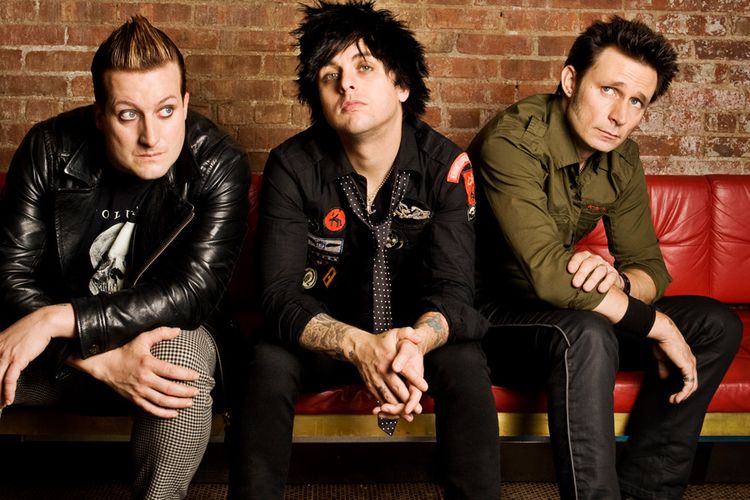
Green Day’s album American Idiot also came with a song of the same name. Winner of 4 Grammys, American Idiot criticized America in 2004 when the “new media” was rising.
In 2009, American Idiot was ranked #13 on Rolling Stone’s Single of the Decade list. A year later, the song was ranked #432 on their list of the 500 Greatest Songs of All Time. The song was so well-liked that it inspired a Broadway production, which is still a hit today.
L’Internationale, Eugène Pottier
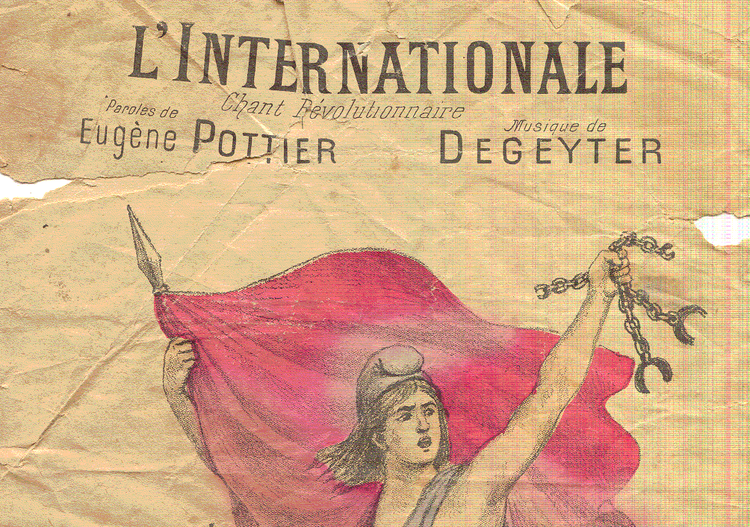
The left-wing anthem, written in the late 19th century by Eugène Pottier, soon became an official anthem that has been celebrated by anarchists, communists, socialists, democratic socialists, and social democrats.
The anthem of revolution called on those oppressed to rise against the tyrants. Its very first lines call to unite the human race: “Stand up, damned of the Earth/Stand up, prisoners of starvation/Reason thunders in its volcano/This is the eruption of the end.”
99 Luftballons, Nena
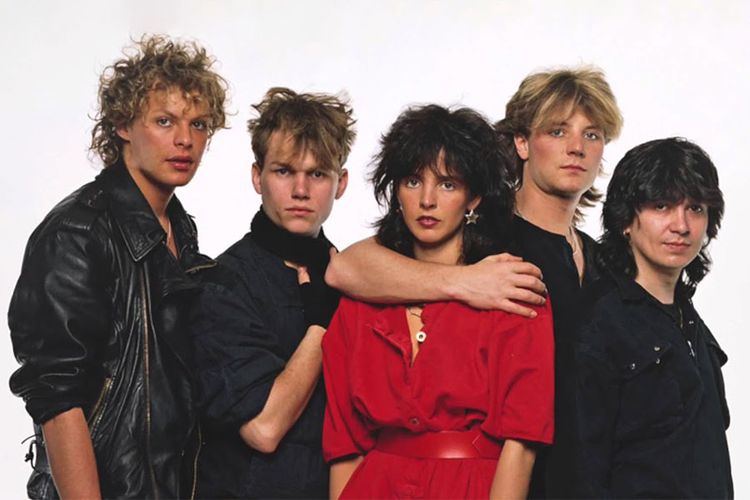
In 1984, Nena released the 99 Luftballons album, and the song was translated into English as “99 Red Balloons.” The original song was inspired by Nena seeing balloons being released at a Rolling Stones concert in 1982 in West Berlin.
The singer then wondered what the Soviets would think when those balloons flew over their heads. The anti-war song ends with the singer finding a balloon, sending the message that “99 years of war have left no place for winners.”
Helter Skelter – The Beatles
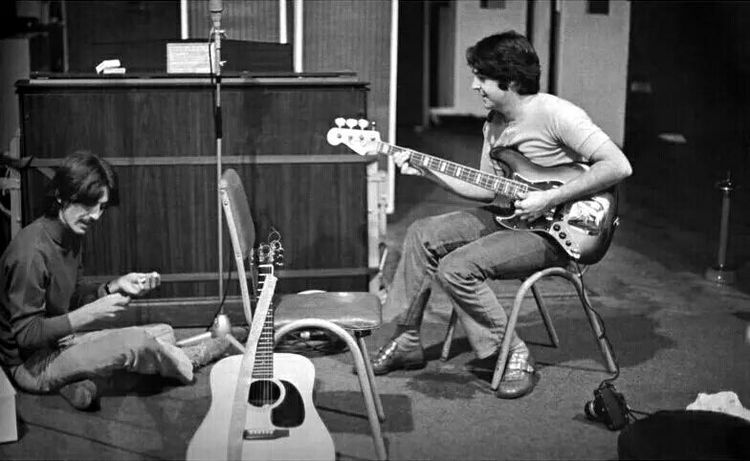
Paul McCartney wrote “Helter Skelter“ in 1967 after he decided he wanted to produce a song that was louder than the Who’s “I Can See for Miles.” But strangely enough, this song changed the world for the worse.
McCartney’s song was about an amusement park ride. Mass murderer Charles Manson believed the song was a secret message about an upcoming race war, leading his followers to their 1969 killing spree.
Lili Marleen- Marlene Dietrich
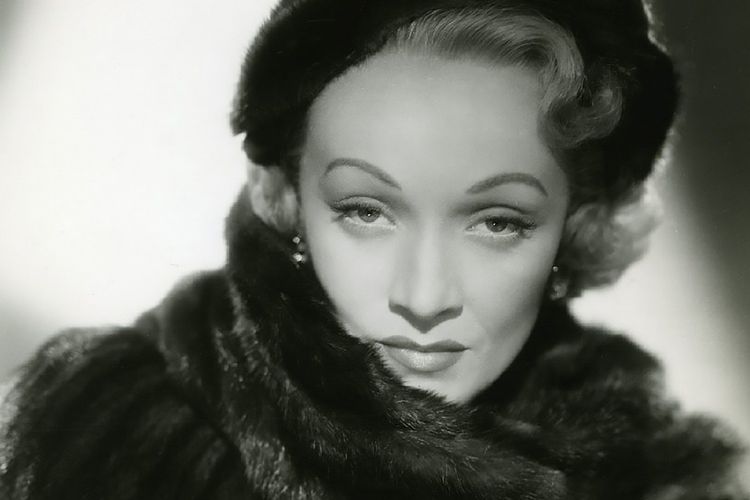
In 1939, the German love song “Lili Marleen“ rose to popularity among Montgomery’s Eighth Army. Initially a poem, it was published in 1915. It became a song in 1937, and in 1939, it was recorded by Lale Andersen under the name “The Girl under the Lantern.”
One of the lieutenants only bought a few records from the Reich radio station while on leave in Vienna, which is why the song could be heard so frequently on the German forces’ radio station. Joseph Goebbels, the Nazi regime’s minister of propaganda, even gave the order to halt the song’s broadcast.
People Get Ready – Curtis Mayfield
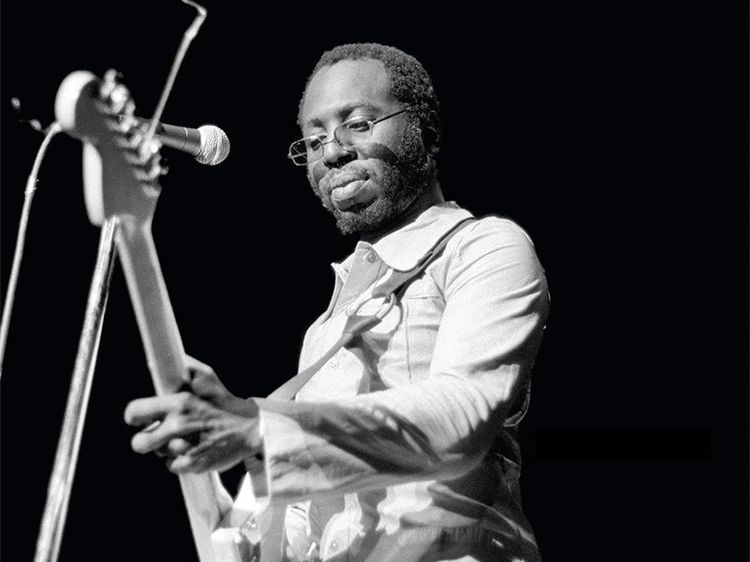
Another hymn of the civil rights movement, “People Get Ready“ was covered by many singers, inspiring and uniting people to fight for equality. The song was released in 1965 by Curtis Mayfield (lead singer of the Impressions), and it’s also used and played by many LGBT groups.
Mayfield was inspired by church sermons when he wrote this song, drawing inspiration from their messages of hope and community. “It doesn’t matter what color or faith you have,” he said in an interview in 1997.
Concrete Jungle – Bob Marley & The Wailers
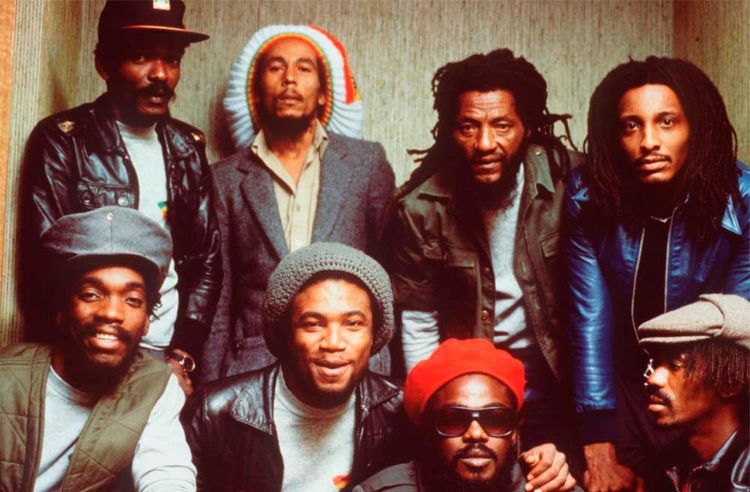
Bob Marley is one of the most notorious icons of reggae. He was known for cleverly combining strong messages against social and political injustices with sweet and catchy melodies.
The 1973 release of his album Catch A Fire with The Wailers made the reggae genre popular all over the world. In the song “Concrete Jungle,” which serves as the album’s opening track, Marley recalls his upbringing in Jamaica while portraying the harsh realities of city life.
Who Lives, Who Dies, Who Tells Your Story – Hamilton
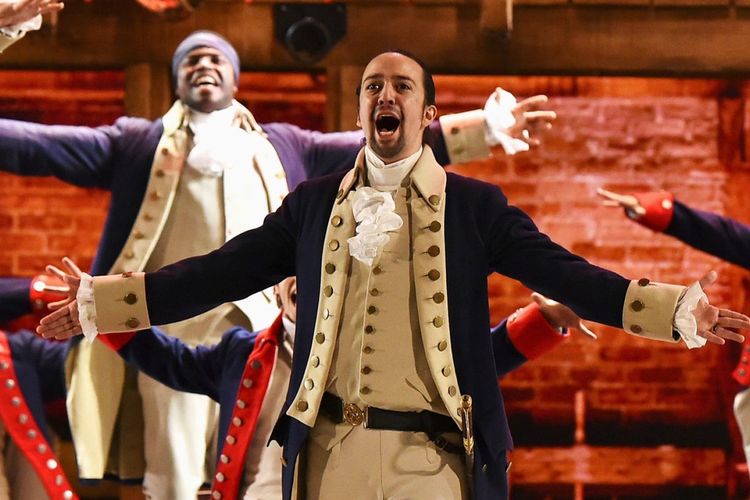
A part of the hit musical Hamilton, the final song “Who Lives, Who Dies, Who Tells Your Story“ helped found the first private orphanage in New York. The orphanage was built in tribute to Alexander Hamilton himself, who had also lost his parents as a young boy.
The song impressed so many people that donations began pouring in. A line in this song made the lives of 4,500 children and their families much better, and it has also inspired many people to work with the charity.
Strong Girl – African Artists
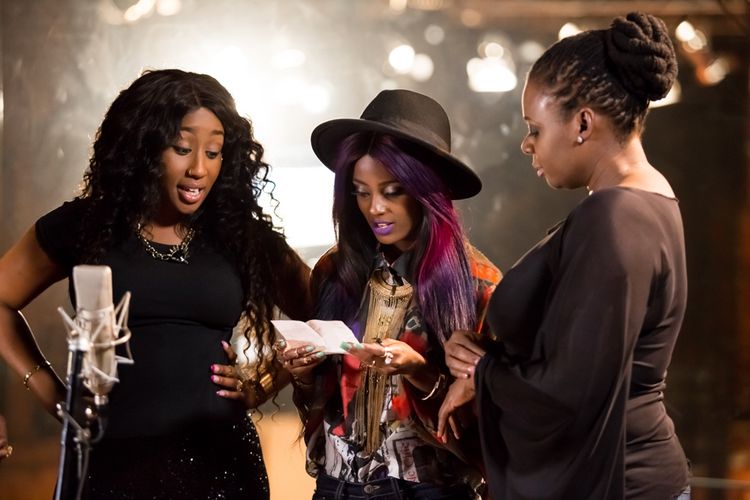
“Wherever you are, show the world that you’re a strong girl!”—says the song played by nine of the most talented female artists in Africa, which celebrates girls and women from all over the world.
Their message calls for world leaders to give girls and women power in developing countries. This song was part of the Poverty is Sexist campaign (ONE), calling for the improvement of health and education for women.
Looking For Freedom – David Hasselhoff
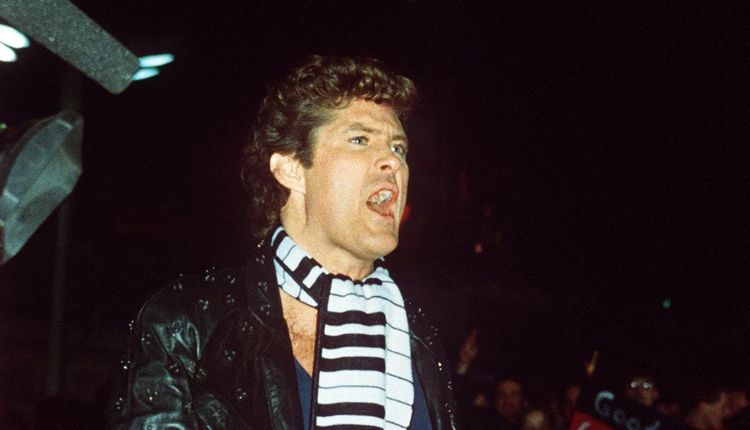
Although David Hasselhoff reminds us of Baywatch, one of his most popular songs is “Looking for Freedom.” He performed the song on New Year’s Eve in 1989, in front of many pro-German reunification activists at the Berlin Wall, who sang along in unison.
This song will forever be remembered as the soundtrack accompanying the last weeks of the Berlin Wall. The song has seen many covers from different bands around the world. It was even featured in a Top Gear episode and an ad for a Knicks vs. Mavericks game.
Freedom – Ben Kayiranga
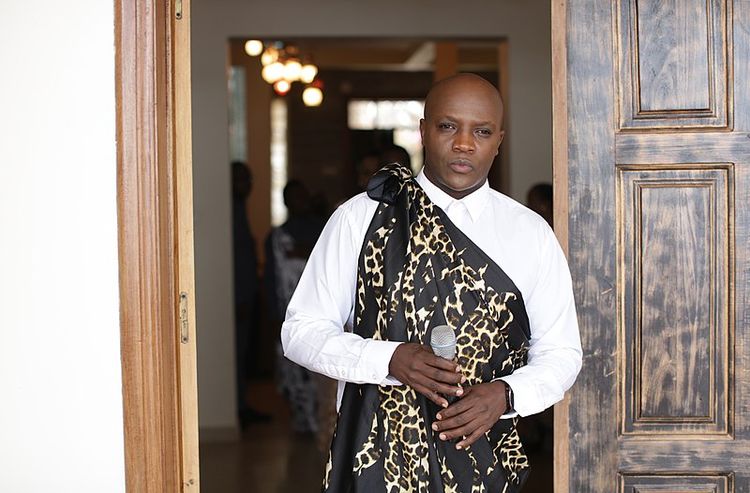
After the genocide in Rwanda, Ben Kayiranga’s song “Freedom,” which demanded freedom for everyone, was released in 1997. The lyrics were sung in Kinyarwanda, French, and English and sent a message that reached everyone, putting a smile on the face of a nation that was mourning.
The song is not particularly well-known outside of Rwanda, but its message of freedom forever struck a chord in the hearts of Rwanda’s people.
Hey Ya! – OutKast

With the huge success of Donald Glover’s series Atlanta and the constant stars coming from the thriving rap scene of that city, young music fans may be led to think that the country’s South Coast was always a dominant force in the pop and hip-hop fields.
However, the old days saw a strong confrontation between the West and East Coasts, which was the case until OutKast broke through. The charismatic duo from Atlanta helped to propel the South side’s rap scene into the mainstream with their hit song “Hey Ya!“
Alright – Kendrick Lamar
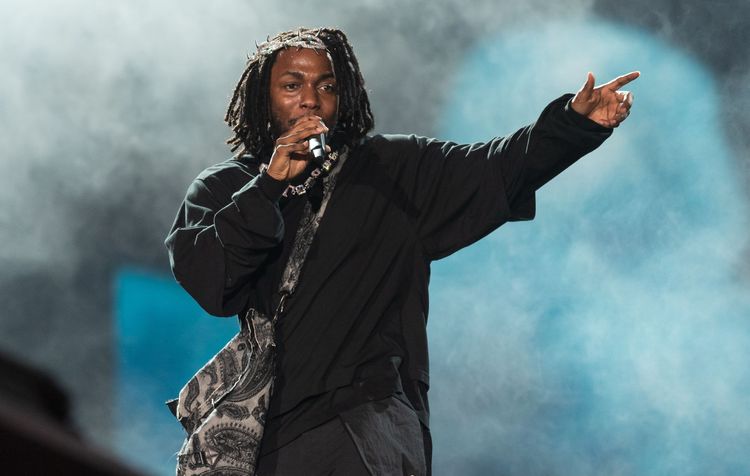
“Alright“ had already gained notoriety when released on Kendrick Lamar’s album To Pimp A Butterfly. This LP analyzes the complex racial conflicts in America at a time when police violence against African-Americans was in the spotlight.
“Alright“ made history when the crowds spontaneously started to chant the hopeful lines from the chorus at the Black Lives Matter marches. Undoubtedly, it has become a symbol of the 21st-century civil rights movement.
I Wanna Hold Your Hand – The Beatles
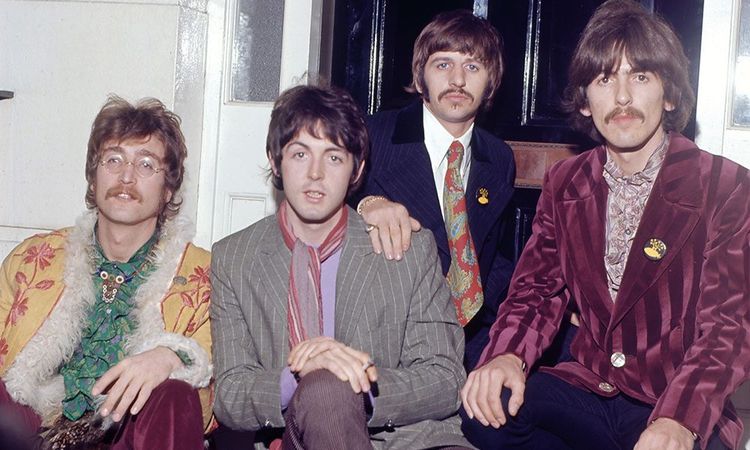
Conquering the U.S. has always been a big deal for British bands, for it represents an impressive accomplishment that may catapult a band into international stardom. The song that finally got the job done for The Beatles was “I Wanna Hold Your Hand.”
Not only did the American audience finally catch up with the Beatlemania, but it also brought British rock and roll to the forefront of music, inaugurating a whole new era in the ’60s. The band actually went to the U.S. for the first time a week after the single topped the charts.
Same Love – Macklemore & Ryan Lewis Ft. Mary Lambert
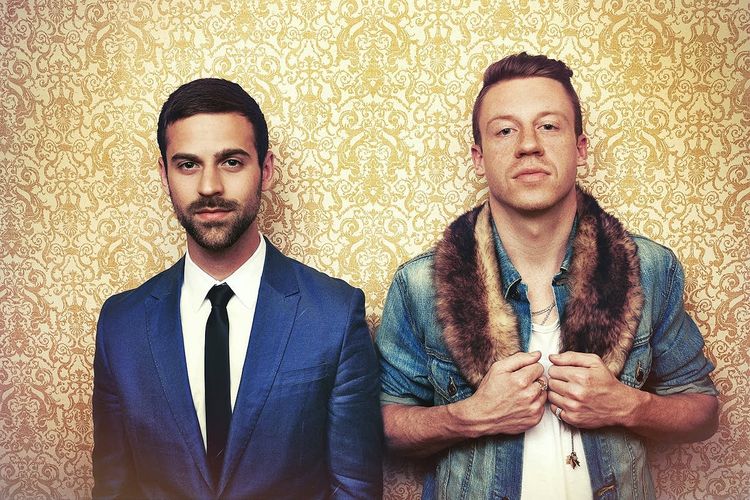
Most people know the Seattle rapper duo Macklemore & Ryan Lewis for their biggest hits, like “Thrift Shop” and “Can’t Hold Us.” While those were the most catchy tunes from their debut album, there’s an admirable song that is generally overlooked.
The song is “Same Love,” which was written to support gay marriage. The chorus is sung by Mary Lambert, who was raised in a Christian home, sometimes feeling guilty because of her homosexuality. “Same Love” was a huge success.
I Will Survive – Gloria Gaynor
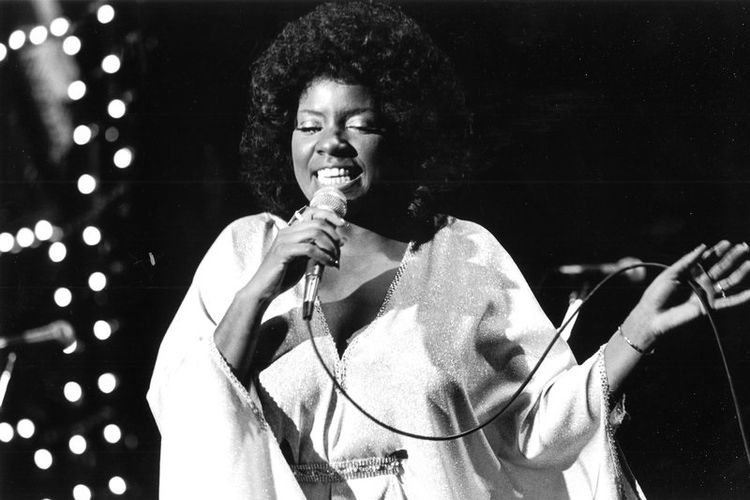
Last but not least, we’re wrapping up with Gloria Gaynor’s hit “I Will Survive” which has empowered millions of people all over the world.
Even Gloria Gaynor agrees that the lyrics which were written by Freddie Perren and Dino Fekaris are inspiring: “I love the empowering effect, I love the encouraging effect. It’s a timeless lyric that addresses a timeless concern.”
